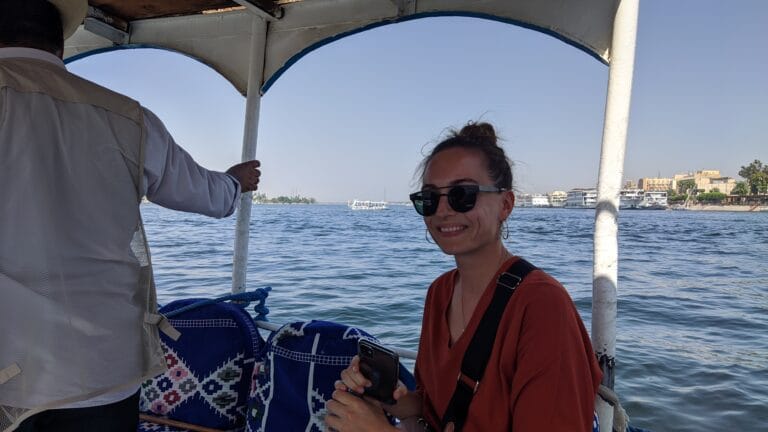Egypt is a top destination for travelers seeking to experience its rich history, vibrant culture, and stunning landmarks like the Pyramids of Giza, the Sphinx, the Nile River, and the bustling city of Cairo. While Egypt is a fascinating country to explore, ensuring travel safety in Egypt is essential to enjoy a worry-free trip. Whether you’re visiting Luxor, Sharm El-Sheikh, or Aswan, following these essential travel safety tips will help ensure a safe and enjoyable experience.
1. Research Your Destination Before You Travel
- Know the safety level of your destination: Research Egypt’s safety situation before traveling. While many areas are safe for tourists, it’s important to check government travel advisories for Egypt to understand which areas to avoid, especially if there are any recent security concerns or protests in certain regions.
- Learn about Egyptian culture and laws: Understanding local customs and Egyptian laws can prevent any misunderstandings or issues. For example, public displays of affection are often considered inappropriate, and certain behaviors may not align with the country’s cultural norms.
2. Secure Your Documents and Personal Belongings
- Keep important documents safe: Store your passport, visa, and other important documents in a secure travel pouch or money belt. Always have a backup in case of loss or theft.
- Store digital copies: Take pictures of your passport and other essential documents and email them to yourself or store them in a cloud. This will allow you to access them in case of an emergency.
- Limit valuables: Carry only what’s necessary. Avoid bringing expensive jewelry or large amounts of cash. If you must carry valuables, use hotel safes for extra security.
3. Ensure Travel Insurance and Health Coverage
- Get comprehensive travel insurance: Travel insurance is vital for covering unexpected events such as trip cancellations, medical emergencies, or lost luggage. Ensure your travel insurance covers Egypt-specific needs, such as emergency evacuation and medical care.
- Vaccinations and health precautions: Before your trip to Egypt, consult with a healthcare professional to ensure you’re up-to-date on necessary vaccinations. Also, take any medications you may need during your travels.
- Stay hydrated and eat safely: While exploring Egypt, ensure that you drink bottled water and avoid consuming ice in drinks. Eating food from reputable restaurants or local food markets is safer to prevent foodborne illnesses.
4. Choose Safe and Reliable Transportation
- Ride-hailing apps: When using taxis or other private transport, always choose reliable ride-hailing apps like Uber or Careem, especially in larger cities like Cairo or Alexandria. Avoid using unmarked taxis or accepting rides from unofficial sources.
- Public transportation: While public transportation in Egypt is affordable, it may not be the safest choice for travelers unfamiliar with the area. Buses and trains can get crowded, making them potential spots for theft or scams.
- Hire a private guide for tours: When visiting major tourist attractions such as the Pyramids of Giza, Luxor Temple, or Nile cruises, consider hiring a local licensed tour guide. They can ensure that you follow the safest routes and avoid areas that might be risky.
5. Stay Aware of Your Surroundings
- Stay vigilant in busy areas: Major tourist destinations like Tahrir Square, Khan El Khalili Bazaar, and Cairo’s downtown can get very crowded. Stay aware of your surroundings to avoid becoming a target for pickpockets.
- Avoid distractions: Keep your phone and camera tucked away when walking through busy markets or areas to avoid attracting attention from potential thieves.
- Trust your instincts: If you feel uncomfortable or unsafe in any area, move away and seek assistance from a local authority or a nearby hotel.








